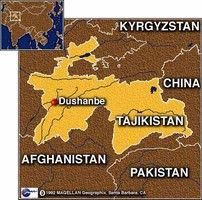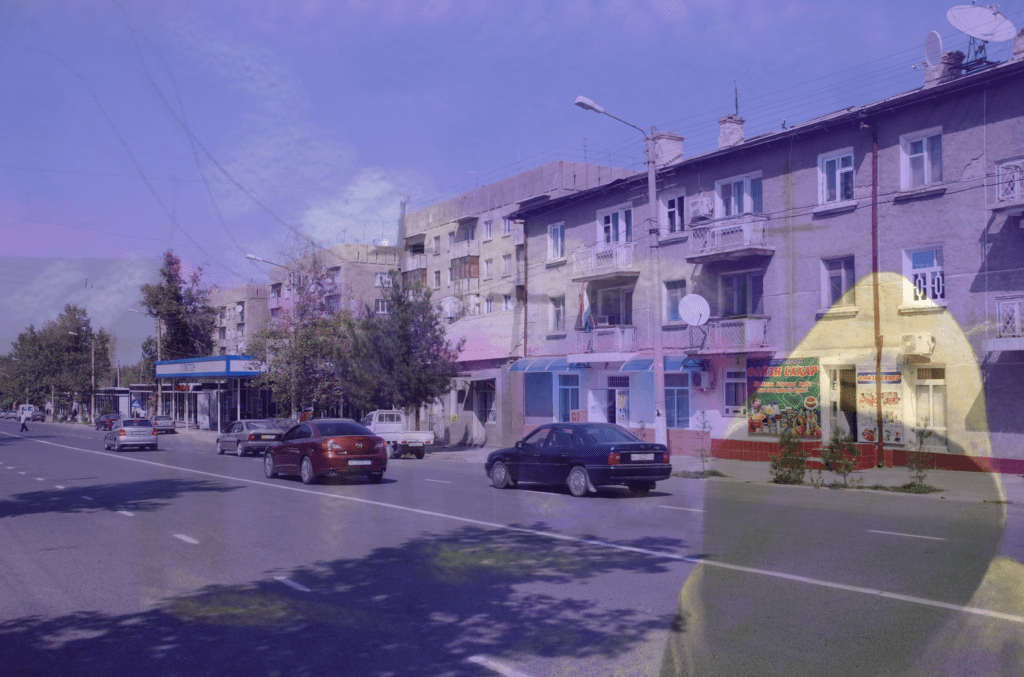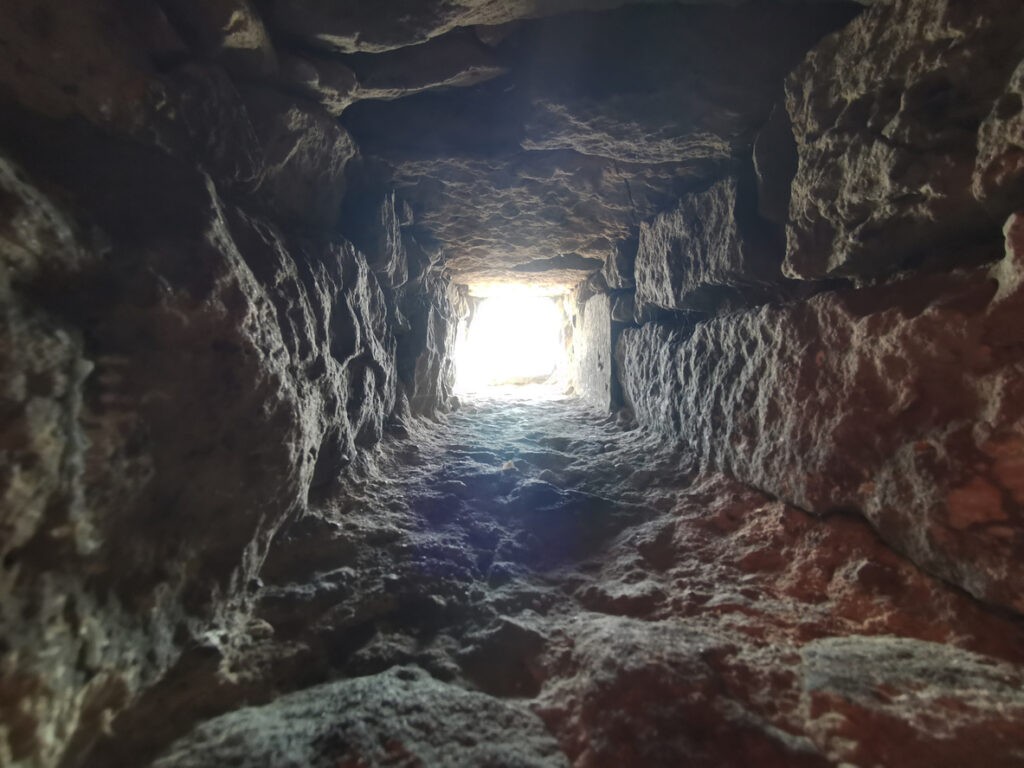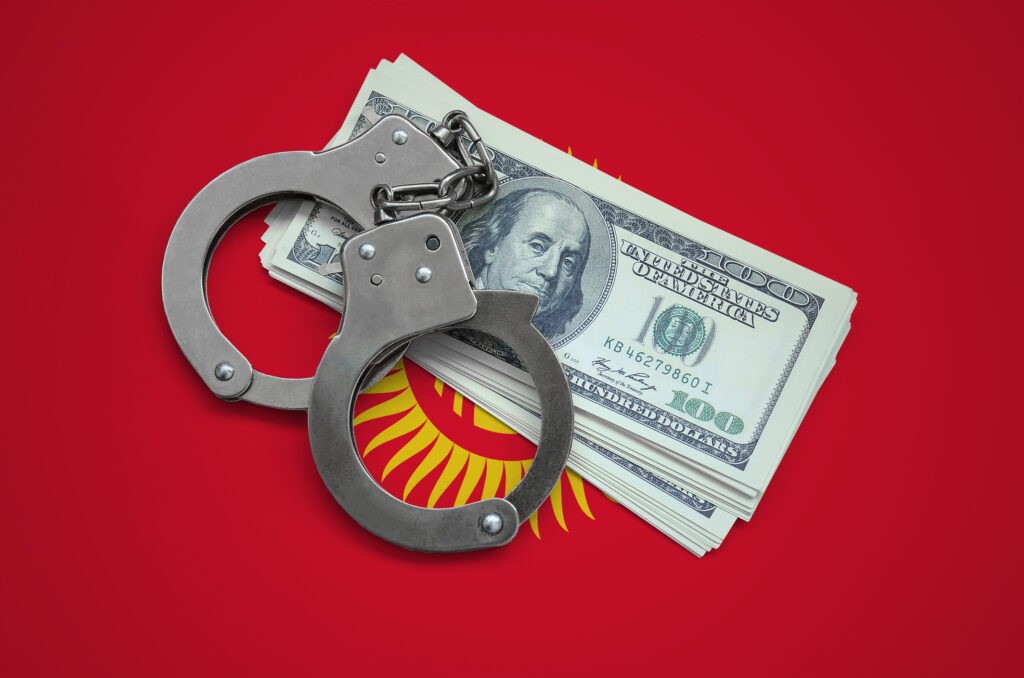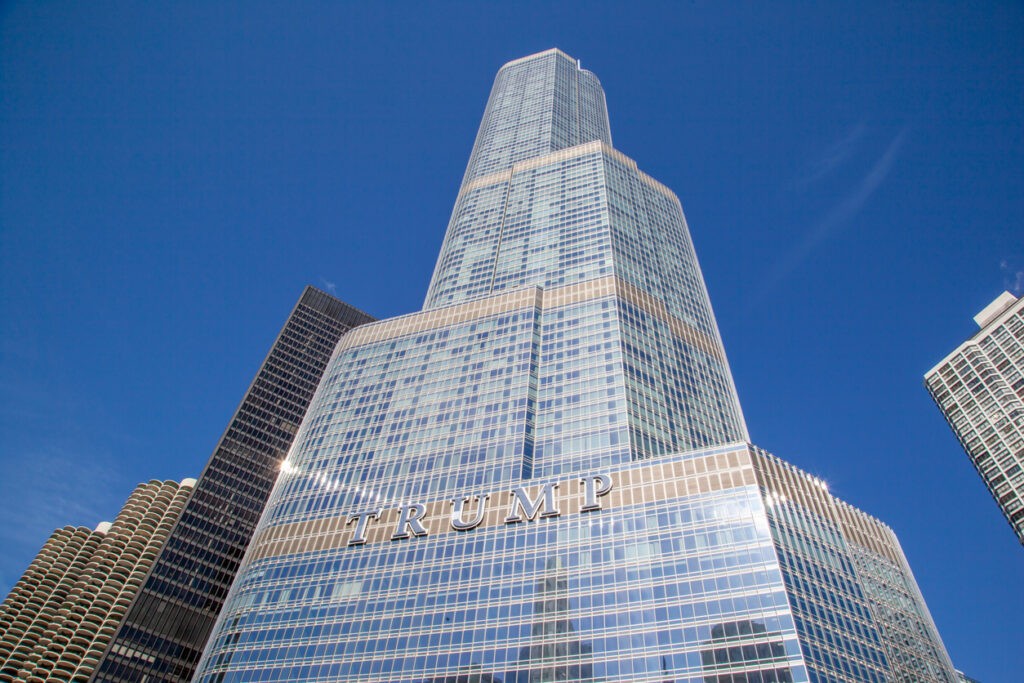OSH, Kyrgyzstan (TCA) — Traumatized by a six-year civil war and next door to terror-haven Afghanistan, Tajikistan seems to be a most unlikely place for uppity crime to flourish. Yet, it does. In contrast to most other former Soviet republics, where white collar crime in the private sector and state corruption have developed independently, Tajikistan is an example of endemic fraud in the private sector which originates from embezzlement of state funds.
Fraud-related crimes
Tajikistan’s “classic” in white collar crime is not exactly a case of petty crime. “The former chairman of the Tajikistan National Bank, Murodali Alimardonov, funneled around $856 million from the central bank to his Credit-Invest investment company. Alimardonov allegedly did this between 1996 and 2008, before moving to the post of deputy prime minister last year,” Forbes related back in 2009, citing an audit carried out by Ernst & Young. “A further $221.5m allocated for investment in the cotton industry in 2004-2007 remains unaccounted for,” a report on the affair by the Associated Press was to read.
In April 2014, the interior ministry reported that in the first three months of the year alone 928 cases of fraud have been reported in the country – an increase of 437 from the same period of the previous year. According to the ministry, police had “resolved” more than 90 per cent of the cases – without giving further details, e. g. whether or not victims of fraud have seen the money they lost back. According to the local independent news agency Asia-Plus, citing the Statistics Agency, 2,662 “fraud-related crimes” have been reported in Tajikistan over the first eight months of this year.
Latest scam
The latest scam involving international assistance money was revealed by the Global Fund, an organisation financed by the UN to combat AIDS in the world, in spring this year. “The Global Fund will seek to recover some $116,000 in misused funds from Tajikistan attributed to improper procurement practices by a government sub-recipient of an HIV grant managed by the UN Development Program,” the Fund announced on its website. “In an investigation report released in late March, the Office of the Inspector General determined that the Committee for Youth, Sports and Tourism (CYST), overpaid a supplier by more than $109,000 — primarily for non-health products. An additional $7,000 was paid for products for which there was no proof of delivery. All of the transactions were done with a single supplier, which was awarded the contract through a non-competitive process. Other questionable practices revealed during the OIG investigation included inconsistent documentation and invoicing by the supplier and the sub-recipient, and a deliberate disengagement from standard operating procedures and normative practices in procurement by CYST.”
Offshore trade firms
Corporate crime ignores national borders and in this Tajikistan is no exception. In February this year, a 10-page story appeared in the Norwegian weekly magazine Dagens Næringsliv exposing Norske Hydro, one of Norway’s largest industrial corporations engaging in energy, waterworks, metallurgy and construction. For 20 years, the corporation had made major annual purchases of aluminum and invested considerable sums in production, sale and purchasing activity in Tajikistan, in cooperation with TadAZ, the giant Soviet-built aluminium plant located not far from Dushanbe. The asset is majority-owned by the state but has a number of private investors as well.
In 2007, Norsk Hydro complained about delivery failures by the Tajik party, and won a $150 million indemnification ruled by a London trade arbitration court. But the business seems to have continued, after offshore trade firms were set up on Guernsey and the British Virgin Islands, the former known as Ansol (apparently liquidated at some point last decade) and the latter bearing the names CDH and Talco Management Ltd (TML).
TML has appeared to belong to the state financial corporation Vostokredmet with 35 per cent, a state-held energy firm called Barki Tojik with another 35 per cent, while the remaining 30 per cent is owned by three individuals named Istamullo Hayoev, Jamshed Abdulov and Maruf Orifov with 10 per cent each. The row has turned political in Norway, as several top state officials are being accused of “having known more than they want to admit” about what looks like a multi-year string of kickbacks.
Financial imbroglio
Now, Tajikistan’s imbroglio has reached the financial sector as well. The most recent scam involves the Amonatbank, which is state-owned even though it operates like a private commercial bank, and the private-owned Tojiksodirotbank. Both banks have reduced daily amounts to be taken from cash machines (many of which remain empty anyway) and from personal and corporate accounts at the desk. Prosecutors now suspect that credits and loans have been given to parties which were never planning to pay it back, thereby draining the banks’ liquidity. Overvaluing collateral assets is among the methods used by the fraudsters, often condoned, deliberately or not, by bank executives.
Reversing the ongoing trend
The big challenge is now how to reverse the increasing negative trend in trade and enterprise in Tajikistan. The World Bank in February this year announced that its International Development Association will provide $10m, complemented by $9.8m from the UK’s Department for International Development, “… in order to enhance the effectiveness, control and accountability of public spending in the Central Asian country,” in the announcement’s words. “The project will strengthen budget planning and execution, treasury accounting and financial reporting across government entities through the modernization of the automated financial management system and the strengthening of accounting and reporting capabilities in state-owned enterprises. The bank will also support the development and implementation of an audit methodology to carry out compliance and performance audits.” Sounds like good intentions but it remains unclear what the $20 million will actually be spent on. State and corporate officials know perfectly well how to account and to report – given the cunning methods they master to forge accounts and reports to hide misuse and theft of funds. In many cases, the bulk of such funds tend to disappear into the pockets of western consultants who write lengthy reports which nobody reads. This is not just a waste of money, though, but most of all it sends exactly the wrong message to the Tajik community and its business class…
This is the second part of a series of four articles on white collar crime in Central Asian countries. The first article, on Kyrgyzstan, can be read here
